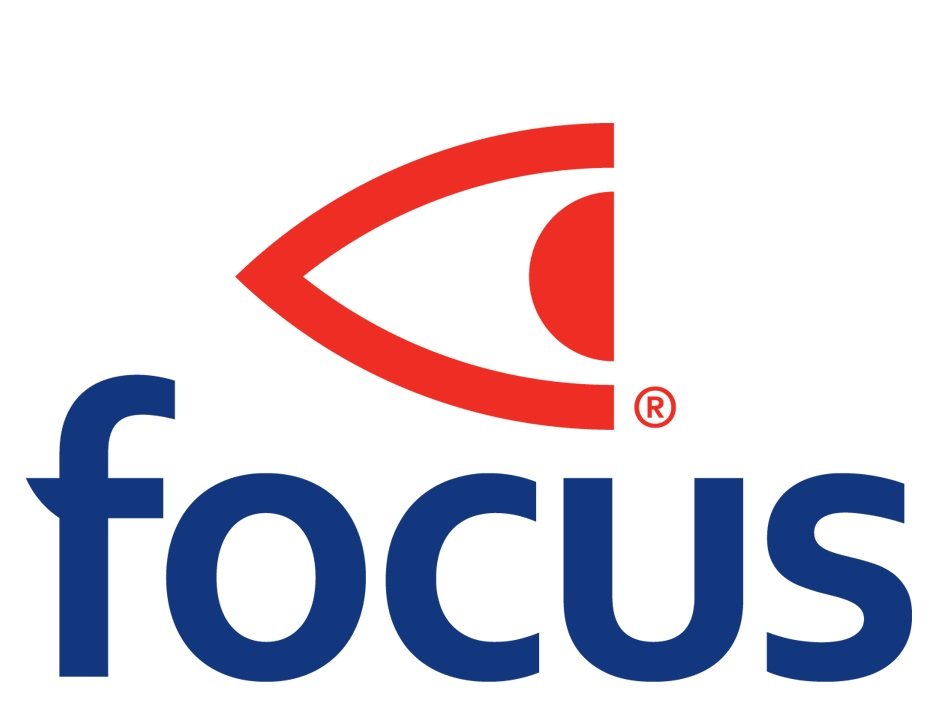
What are the important factors when developing an effective security strategy?
Today businesses face risks in a far greater capacity
than ever before. From threats of terrorism, cybercrimes, fraud, and flood / fire. Having the correct security systems is key to any business model.
What to consider
-

Recognising your risk
One of the vital elements of risk management is to ensure that any policies, strategies, and plans are reviewed regularly. Writing the risk assessment and putting it in a drawer does not mean it is effective.
The plans should consider direct and indirect factors, for example a terrorist attack may not be direct but may have indirect actions required such as a full evacuation of a premise.
Assessing these risks starts with a risk register, this helps identify the risks faced by a business and in what ways the risk could be counteracted. Once the risks are identified, a contingency plan can be established. It allows the business to manage the risk and the subsequent actions required.
Considering the impacts on a broader level, for example what are manageable risks your business could cope with, and what elements are fundamental to the business and need to function if there is a crisis.
A business continuity plan can help a business to establish what is essential and outline plans for risk management and mitigation.
An employee stealing from the business may be identified as a risk, this would not close the business down and impact day to day functions in the same way that a fire could. Identifying the risks and having actions in place will allow business owners to continue operating, depending on the risk identified.
-

Security Consultants
Sometimes an external opinion from a person outside of the organisation helps manage these risks. They can look objectively at the threats faced by an organisation.
These consultants can work with you on a risk assessment. Having systems in place such as door access systems, CCTV, intruder alarms and nurse call systems can remove risk from a business.
Any consultant should have a proven track record of competency, NSI and SSAIB are recognised by the British Standards in competency to perform system design, installation, maintenance, and service of these systems. 3rd party accreditation is always a factor to consider.
-

Price Vs Quality
Deciding based on cost alone is not a viable option in terms of ensuring the best solution is given. Areas needing cover that are of vital importance could be left exposed to threat through cost savings exercises.
The overall security of the business and the employees should be the primary consideration for any business. Cost saving could result in compromising the system overall.
A good quality supplier will spend time to understand what is actually required of the system, they will then recommend a solution that fits the business needs.
Real cost….
Whilst a lower cost solution may be fit for purpose, it is worth considering that it may also mean losses further down the line for a business.
The real problem is never normally highlighted until there is a problem and the security systems do not perform in the manner the business had expected.
Failure of CCTV or an alarm failing to activate compromise the reputation and safety of a business and undermine the investment that was made initially.
Companies offering low-cost solutions are generally offering an inferior product solution. Therefore, the solution does not solve the problem and address the identified risks.
Higher quality systems and solutions are more capable of managing situations, reducing lower direct and indirect costs over the lifetime of the solution that is designed.

